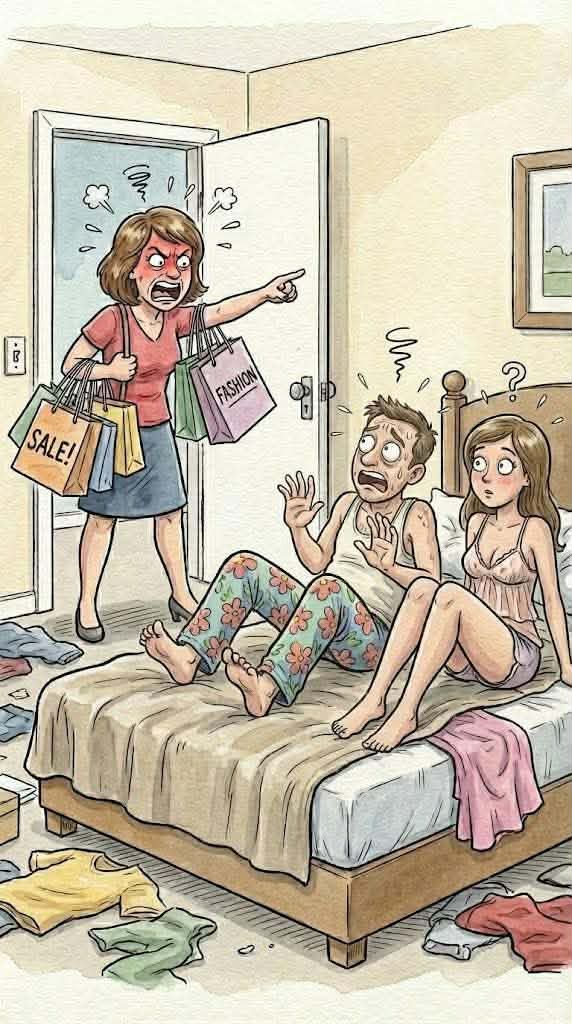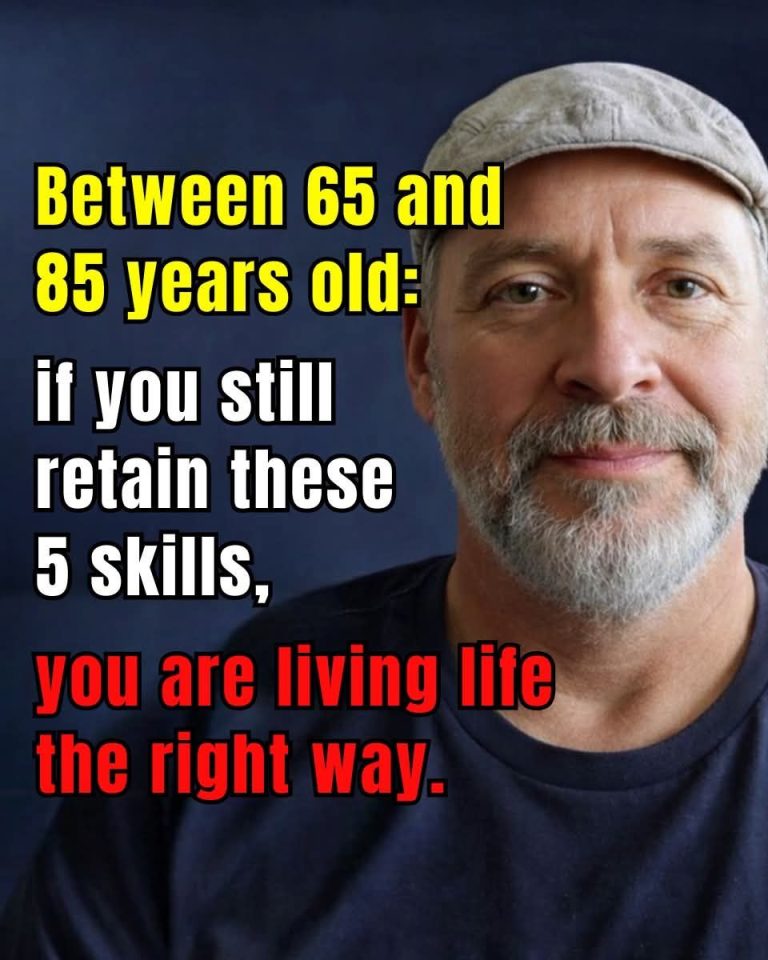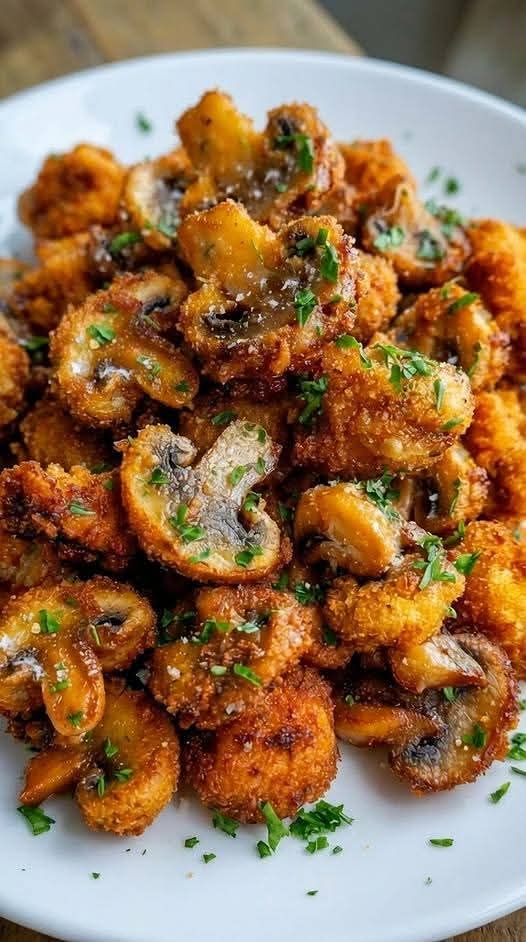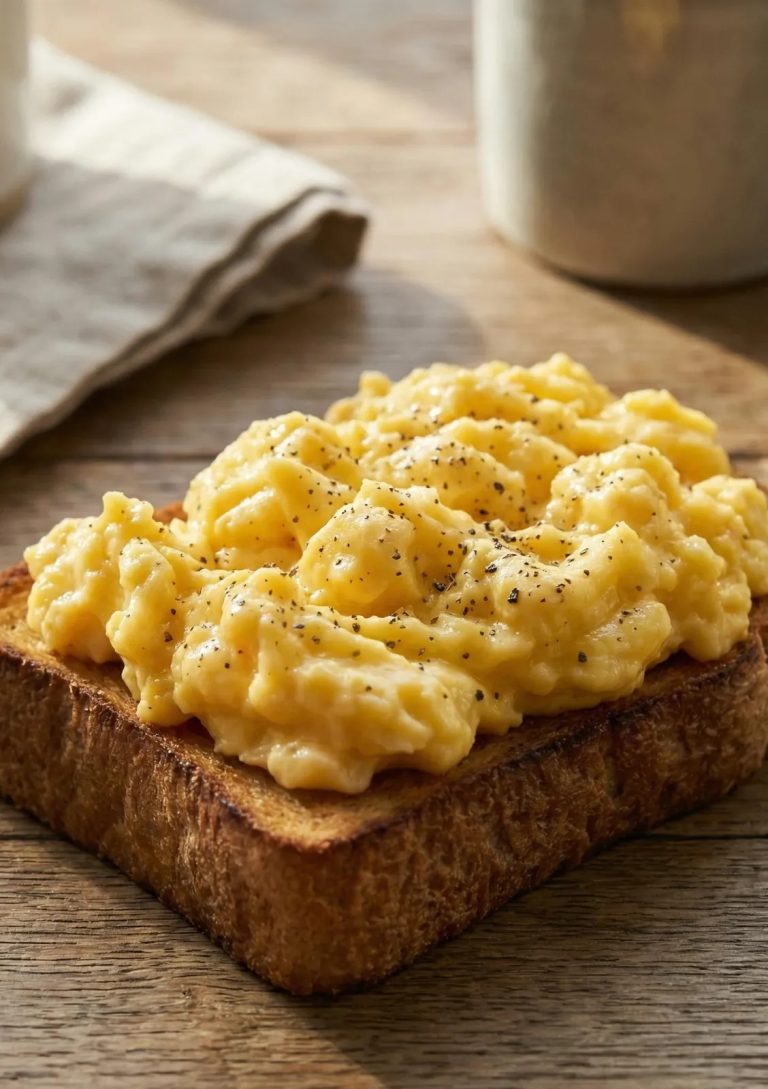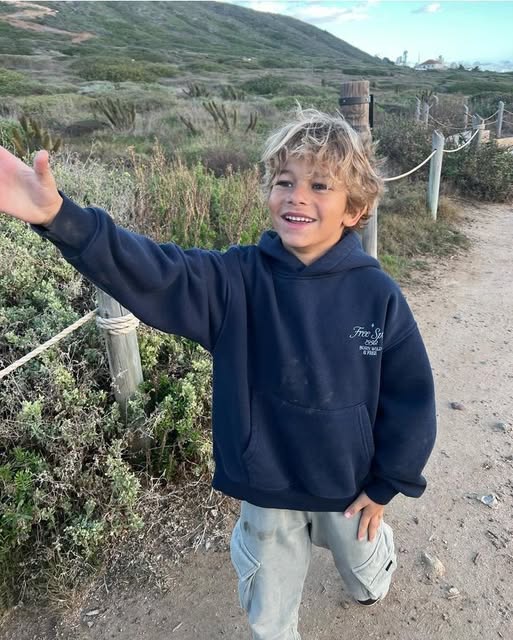
My sister begged me to watch her kid while she flew out for a work trip.
“Just a few days,” she said. “Take him to the farm. Show him something real.”
So I packed up little Reuben—eleven, pale as milk, hair like corn silk—and drove him out to my place in the valley. No screens. No Wi-Fi. Just goats, chickens, and the kind of silence that makes city folks twitchy.
He didn’t complain, but he had this look like he’d been dropped into a museum that smelled like poop.
Day one, I made him muck stalls.
Day two, we mended a busted fence in the back pasture.
I kept telling him, “This is good for you. Builds grit.” He just nodded and tried to keep up, dragging his little boots through the mud.
Then on day three, something shifted.
I saw him crouched by the chicken coop, whispering to one of the hens like they were old friends. I asked what he was doing, and he said:
“She’s the only one who doesn’t yell at me when I mess up.”
That hit me right in the chest.
Later that evening, I found him by the barn, feeding the runt goat we usually ignore. He’d named her Marshmallow.
Said she was the only one who looked lonelier than he felt.
I asked, “Why do you feel lonely?”
Also Read : They Robbed Their “Blind” Grandfather, Thinking He’d Never Know — But He Outsmarted Them All
And he looked at me, eyes all full of something he hadn’t figured out how to say yet.
That night, I called my sister and asked some questions I probably should’ve asked years ago.
But the real moment—the one I still can’t shake—was what I found in the shed the next morning.
He’d written something on a scrap of wood and nailed it above the door, right where we all would see it.
It said—
“No one’s broken here. We’re just growing slower.”
I stood there in that dusty shed, staring at those words like they’d been carved straight into my chest.
It wasn’t just a kid being clever. It was truth—pure and quiet and brave.
I thought about Reuben’s quiet way of watching things. How he noticed the runt. The hen. The cracks in people that the rest of us hurry past.
And maybe, just maybe, how he saw the cracks in himself too—and didn’t try to hide them.
When my sister came to pick him up that Sunday, he didn’t want to leave.
Marshmallow bleated at the door like she knew goodbye was happening.
Reuben hugged me hard. Harder than I expected.
Then he pulled something from his pocket and placed it in my hand: a folded paper with a pencil drawing of the shed and the little sign he made, nailed up like a banner.
“Just so you don’t forget,” he said.
I haven’t.
These days, the farm’s quieter without him, but that sign still hangs above the door. And sometimes when things break—or when I feel like giving up—I go there, lean against the wall, and read those words again.
No one’s broken here. We’re just growing slower.
And I swear, I start breathing a little easier every time.
